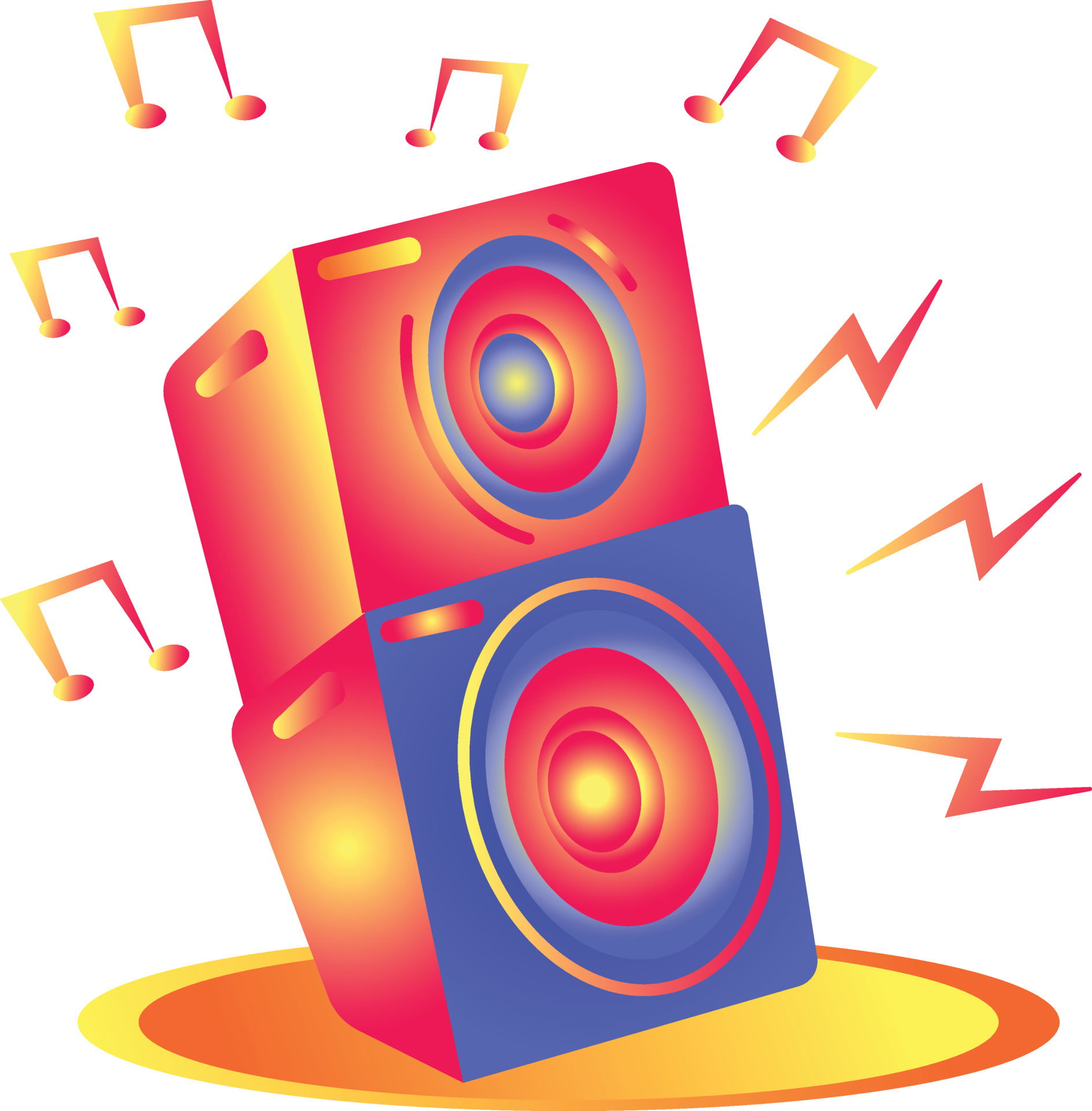The Silent Threat: Unveiling the Hidden Dangers of Noise Pollution to Human Health

By Michael Jumba
Introduction
While some individuals may be enjoying unaware of the dangers they are exposed to, exposure to loud music over long periods of time can have significant negative effects on human health. These effects are but not limited to the following:
Noise-Induced Hearing Loss (NIHL): Prolonged exposure to loud music can damage the delicate hair cells in the inner ear, leading to irreversible hearing loss. This condition, known as noise-induced hearing loss (NIHL), can range from mild to severe and may impair an individual's ability to hear high-frequency sounds.
Tinnitus: Loud music exposure can also result in tinnitus, a condition characterized by a persistent ringing, buzzing, or hissing sound in the ears. Tinnitus can be temporary or chronic and may significantly impact an individual's quality of life, causing stress, anxiety, and sleep disturbances.
Hyperacusis: Exposure to loud music over time can cause hyperacusis, a heightened sensitivity to certain sounds. Individuals with hyperacusis may experience discomfort or pain in response to everyday noises that others find tolerable. This condition can greatly impact one's ability to function in noisy environments and may lead to social isolation and anxiety.
Cognitive Impairment: Chronic exposure to loud music has been linked to cognitive impairment, including difficulties with concentration, memory, and learning. High levels of noise can disrupt brain function and impair cognitive processing, particularly in children and older adults.
Stress and Anxiety: Loud music can trigger stress responses in the body, leading to elevated levels of stress hormones such as cortisol. Chronic stress and anxiety can have wide-ranging effects on physical and mental health, including cardiovascular problems, digestive issues, and mood disorders.
Cardiovascular Health Issues: Prolonged exposure to loud music has been associated with an increased risk of cardiovascular problems, including elevated blood pressure, heart rate variability, and heart disease. The stress response triggered by loud noise can put strain on the heart and circulatory system, leading to long-term health complications.
Sleep Disturbances: Loud music can disrupt sleep patterns, making it difficult to fall asleep or stay asleep throughout the night. Sleep disturbances can have negative effects on overall health and well-being, contributing to fatigue, irritability, and impaired cognitive function during waking hours.
Social and Emotional Impact: Hearing loss and other auditory problems resulting from exposure to loud music can have profound social and emotional consequences. Communication difficulties, social isolation, and feelings of frustration or embarrassment may arise, affecting relationships and overall quality of life.
Reduced Quality of Life: Collectively, the negative effects of exposure to loud music over long periods of time can significantly diminish an individual's quality of life.
From impaired hearing and cognitive function to increased stress and social isolation, the repercussions of loud music exposure can be far-reaching and debilitating.
Call to Action
As we unravel the silent threat of noise pollution to human health, it becomes increasingly evident that action is urgently needed to mitigate its detrimental effects. Each of us has a role to play in addressing this pervasive issue and safeguarding the well-being of present and future generations.
Here are some actionable steps you can take to make a difference:
Raise Awareness: Share information about the health impacts of noise pollution with your friends, family, and community. Start conversations, organize awareness campaigns, and advocate for policies that prioritize noise reduction measures.
Support Legislation: Advocate for stronger noise regulations and enforcement at the local, national, and international levels. Encourage policymakers to implement measures that limit noise emissions from transportation, industrial activities, and urban development projects.
Promote Sound Planning: Support urban planning initiatives that prioritize noise reduction and create healthier, more livable environments. Encourage the design of quieter streets, parks, and public spaces where people can escape the din of everyday life.
Embrace Sound Solutions: Explore innovative technologies and solutions for reducing noise pollution in your own life and community. Invest in noise-reducing headphones, soundproofing materials, and eco-friendly transportation options that minimize noise emissions.
Practice Responsible Behavior: Be mindful of your own noise footprint and how it may impact others. Avoid excessive noise levels in residential areas, public spaces, and recreational activities. Respect quiet hours and be considerate of your neighbors' peace and well-being.
Support Research and Education: Advocate for increased funding and support for research on the health effects of noise pollution and potential mitigation strategies. Educate yourself and others about the importance of protecting hearing health and preserving quiet spaces in our increasingly noisy world.
Together, we can raise our voices to address the silent threat of noise pollution and create healthier, more harmonious environments for all. Let us unite in our commitment to silence the noise and amplify the call for a quieter, healthier future.


